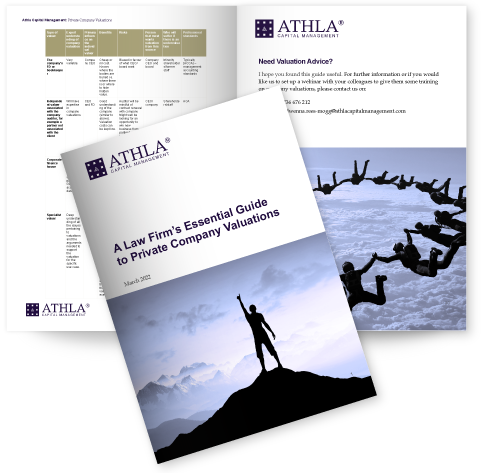Changed inflation, changes valuations
November 21, 2023

Some thoughts on the impact of a change in inflation on company and share valuations
It’s only a quick message from us this week. As I’m sure you will have seen, inflation fell to a two year low of 4.6% in October and, notably, dropped more than anticipated. Core inflation still remains higher at 5.7% but also fell in the latest figures. Inflation has been a significant headwind in the last two years, against which valuations and investment activity have struggled, lagging below the highs of 2020.
This fall in inflation will be well received and has already sparked speculation as to the impact it might have on both the M&A and investment markets.
Inflation has played a big part in the valuations we’ve done over the past eighteen months and has typically been a major concern. Often, when we reviewed a company’s financial data and forecasts, persistent, double-digit inflation simply wasn’t accounted for. After the very low inflation throughout most of 2020 and early 2021, it is perhaps unsurprising that people didn’t anticipate the elevated rates of inflation we were seeing at the time. Unsurprisingly this was an issue we had to consider in order to ensure our valuations are accurate. You only have to play around with RL 360’s “Impact of Inflation Calculator” for a few minutes to see how quickly inflation can eat away at the value of a business’ forecasted revenues and profits.
In order to address the issue, we applied discounts to our valuations on a company-by-company basis. The extent of the discount was determined by a number of factors. For example, in some cases, the forecasts we were given didn’t consider inflation at all – while others anticipated various rates of inflation (but not 10-11%). As the purpose of the discount was to address the gap between the company’s forecasted and the actual rate of inflation, it naturally differed from report to report. Another issue we considered was a company’s price defensibility. Some companies are better positioned to pass on inflationary pressures through increased prices and thus maintain their profit margins. It might be that they are the only company who can offer a particular product or service, or they may have had significant brand loyalty. In this case, sometimes it was not necessary to adjust for inflation.
If inflation continues its decline back down towards the 2% target, it could well be that we find ourselves in the inverse of the situation we have often experienced over the past eighteen months. If we come across forecasts that include inflation remaining at the raised levels we’ve seen up until recently, we may need to enhance a company’s value to account for falling inflation. We’ll certainly be keeping a close eye on next month’s inflation figures and will keep you updated if we anticipate any significant changes from our perspective.
This all goes to support HMRC’s view that each valuation must be dealt with on a case-by-case basis. And it will be a while before Generative AI can do the job reliably.
If there are any valuations on your desk at the moment that you think we might be able to help with, do get in touch. We’re always happy to help and can provide clear, evidence-based valuations, tailored to meet the needs of your clients. You can give me a ring on 07736 676 212 or drop me an email at modwenna.rees-mogg@athlacapitalmangement.com.


